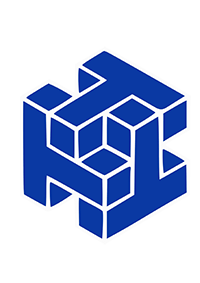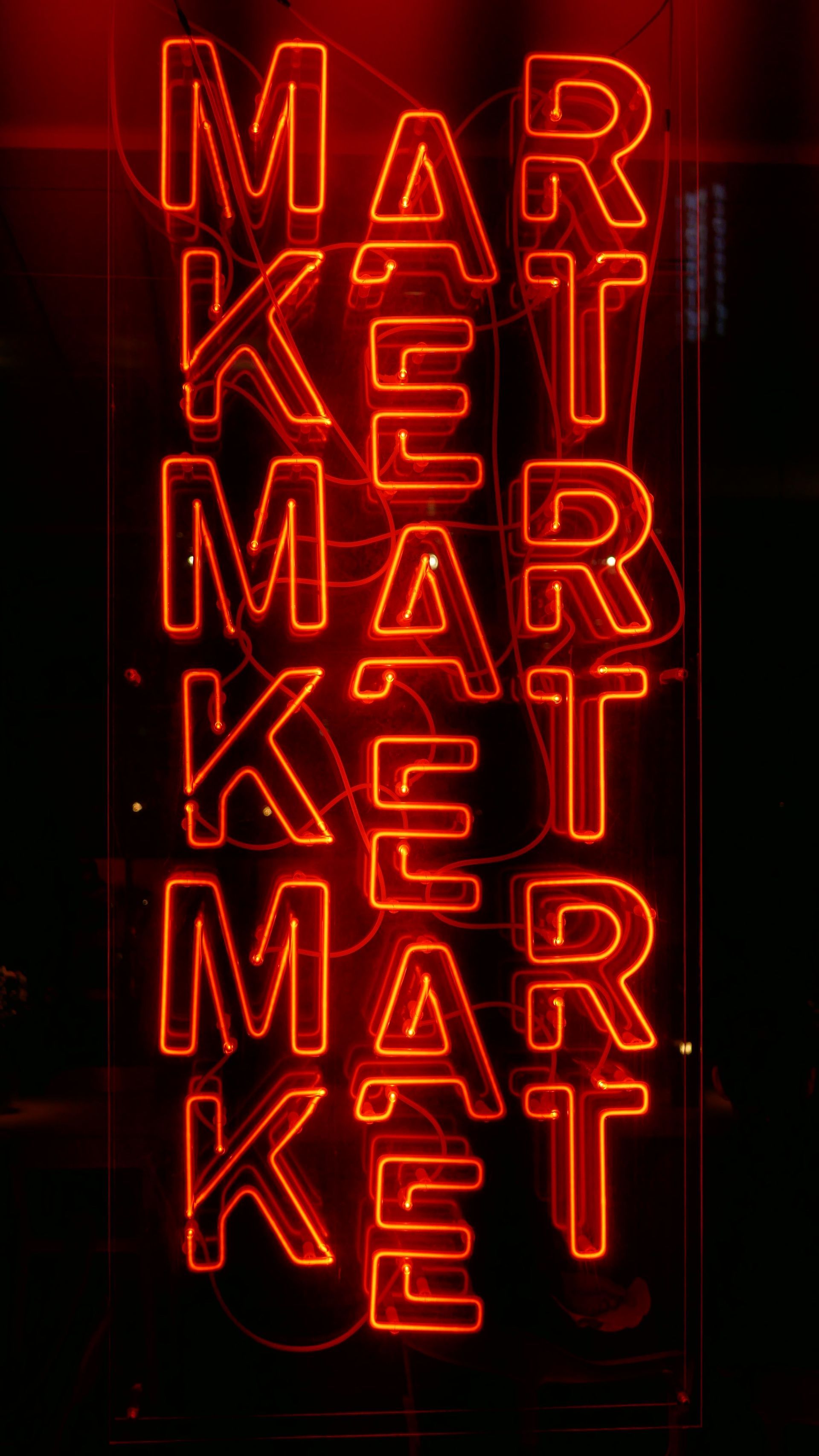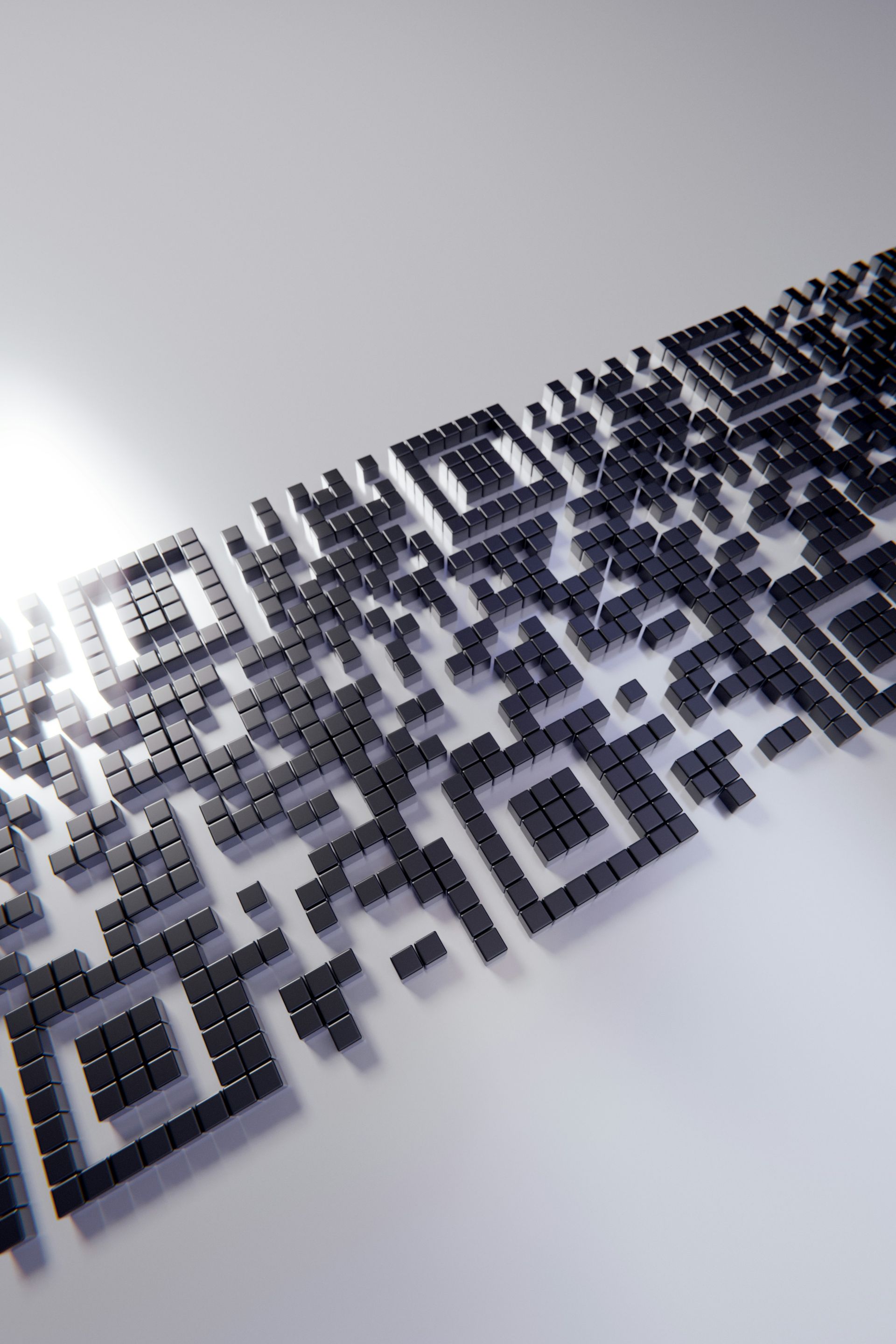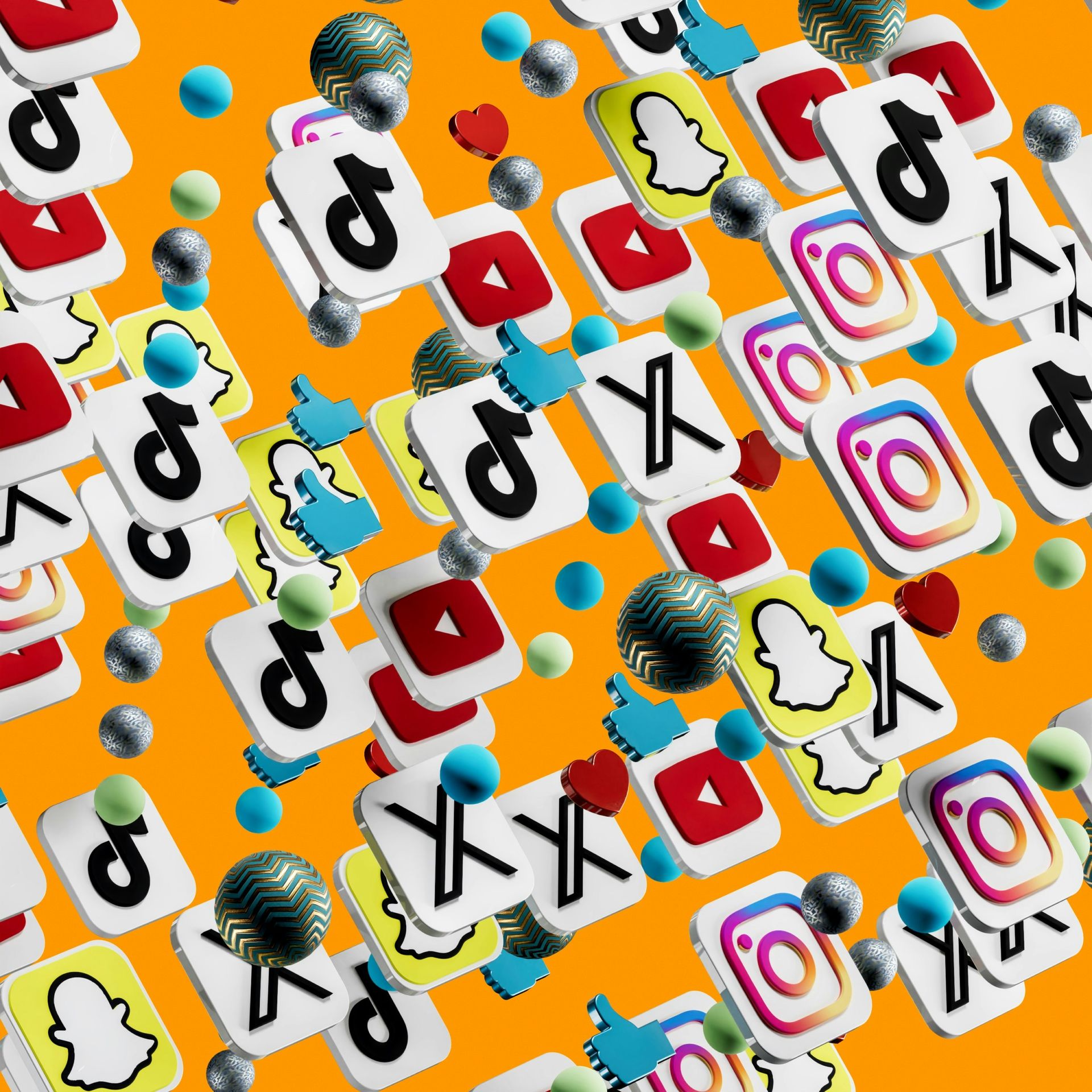Creativity Is King
Creativity Is King — Even in the Age of AI and Automation
We’re living through one of the most transformative periods in human history. Technology is reshaping our world at a pace never seen before. Artificial Intelligence and automation are no longer concepts for the future — they are tools of the present. They are redefining how we communicate, create, work, buy, sell, and even think.
But as we embrace these advancements, a new question arises:
What truly sets a brand apart in a world where everyone has access to the same tools?
The answer is simple but powerful:
Creativity.
AI Has Reshaped How We Live and Work
Artificial Intelligence has touched nearly every part of daily life. It's in our phones, homes, workplaces, and industries. From healthcare to finance, from retail to education, AI has introduced a level of efficiency and personalization that would have been unimaginable just a few years ago.
Some striking facts:
AI is projected to contribute $15.7 trillion to the global economy by 2030 (PwC).
Over 77% of devices we use today feature AI in some form — from smart assistants and facial recognition to personalized shopping and streaming algorithms.
A 2023 McKinsey report found that AI is being used by 40% of businesses globally, primarily to enhance marketing, automate operations, improve decision-making, and personalize customer experiences.
AI has:
Streamlined workflows
Improved predictive analytics
Enhanced customer service through chatbots and automated help centers
Accelerated content creation with tools that generate written, visual, and video content on demand
These are groundbreaking shifts — and yet, they come with limits.
Despite all its brilliance, AI lacks instinct, emotion, and human nuance. It can simulate creativity, but it can’t originate it from experience. It can recognize trends, but it can’t tap into the culture that creates them.
Automation Has Revolutionized Business — With Limits
Alongside AI, automation has become a major force behind business growth and operational efficiency. Tasks that once required full teams can now be handled by a single well-set system. Automation has enabled businesses — especially small and mid-sized ones — to punch well above their weight.
Some highlights:
88% of small business owners say automation gives them the ability to compete with larger companies (Zapier).
Businesses that automate repetitive tasks report saving an average of 30–40% in time and cost (Deloitte).
Marketing automation alone increases lead generation by up to 451%, and improves productivity by 20% (Invesp).
Popular applications include:
Email marketing sequences
CRM and customer journey mapping
Sales funnels and follow-ups
Inventory tracking and fulfillment
Scheduling and social media publishing
But here’s the flip side.
Automation often strips away personalization.
It can unintentionally distance brands from their audience.
It can create patterns — but not presence.
Worse, when overused, it can make brands look lazy or unoriginal.
Automated systems still require human oversight. Without creative direction, they’ll continue pushing content that’s technically “correct” — but emotionally empty.
The Attention Economy Is the New Battlefield
As AI and automation raise the floor, the bar for attention has also risen.
We now live in a digital world where:
The average person sees between 4,000 to 10,000 ads per day
The average human attention span is down to 8 seconds
Users scroll the height of the Eiffel Tower every day on their phones
This is the new reality: Everyone is creating.
Everyone is posting.
Everyone is optimizing.
But not everyone is connecting.
Creativity Is the Last True Competitive Edge
In a world where machines can do almost everything — the one thing they can’t replicate is you.
Your tone. Your timing. Your sense of culture. Your ability to say something new or say something true in a way no one else can.
This is where Tupoino stands.
We believe that marketing is no longer just about visibility. It’s about resonance.
It’s not about how many people see your brand — it’s about how many people remember it.
And people don’t remember automation.
They remember moments.
They remember how a piece of content made them feel, laugh, reflect, or click.
They remember stories — not sequences.
AI and Automation Are Powerful — But They Are Tools, Not Replacements
Let’s be clear: we’re not anti-technology. At Tupoino, we use the best tools available — including AI and automation — to support our clients and improve efficiency. These innovations help us save time, streamline work, and deliver faster.
But we never let them take the wheel.
We believe tools should amplify creativity — not replace it.
The brands that will grow — and last — in this era are the ones that:
Lead with culture
Invest in storytelling
Create content that makes people stop and think
Connect on a human level, not just an algorithmic one
Because at the end of the day, it’s not your systems that make people trust you — it’s your voice.
Conclusion: The Future Belongs to the Bold
AI will evolve. Automation will expand.
But the brands that matter will be built by humans who know how to think creatively, connect authentically, and lead fearlessly.
That’s what we do at Tupoino.
We don’t just manage your socials — we shape your narrative.
We don’t just run ads — we build meaning.
Because your business isn’t just a product or service. It’s a presence. A purpose.
And in a world where everything is being optimized…
The most disruptive thing you can be is original.



